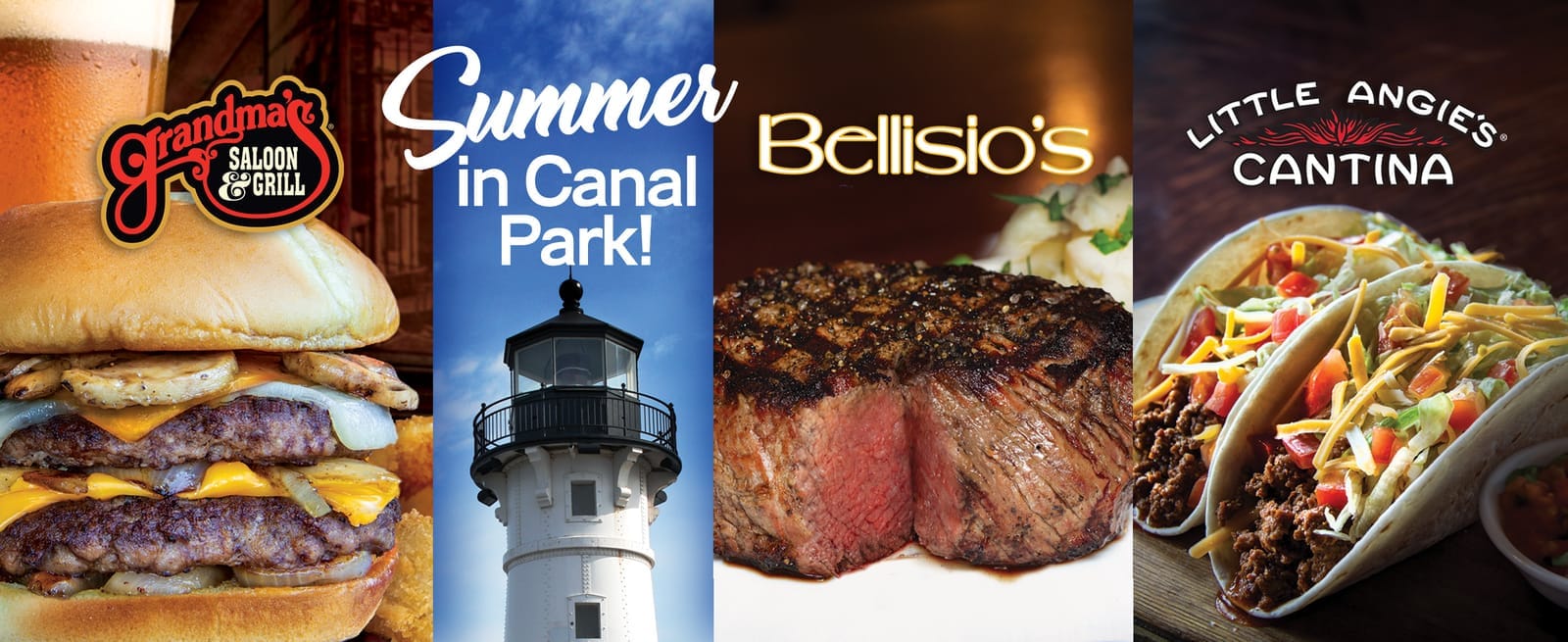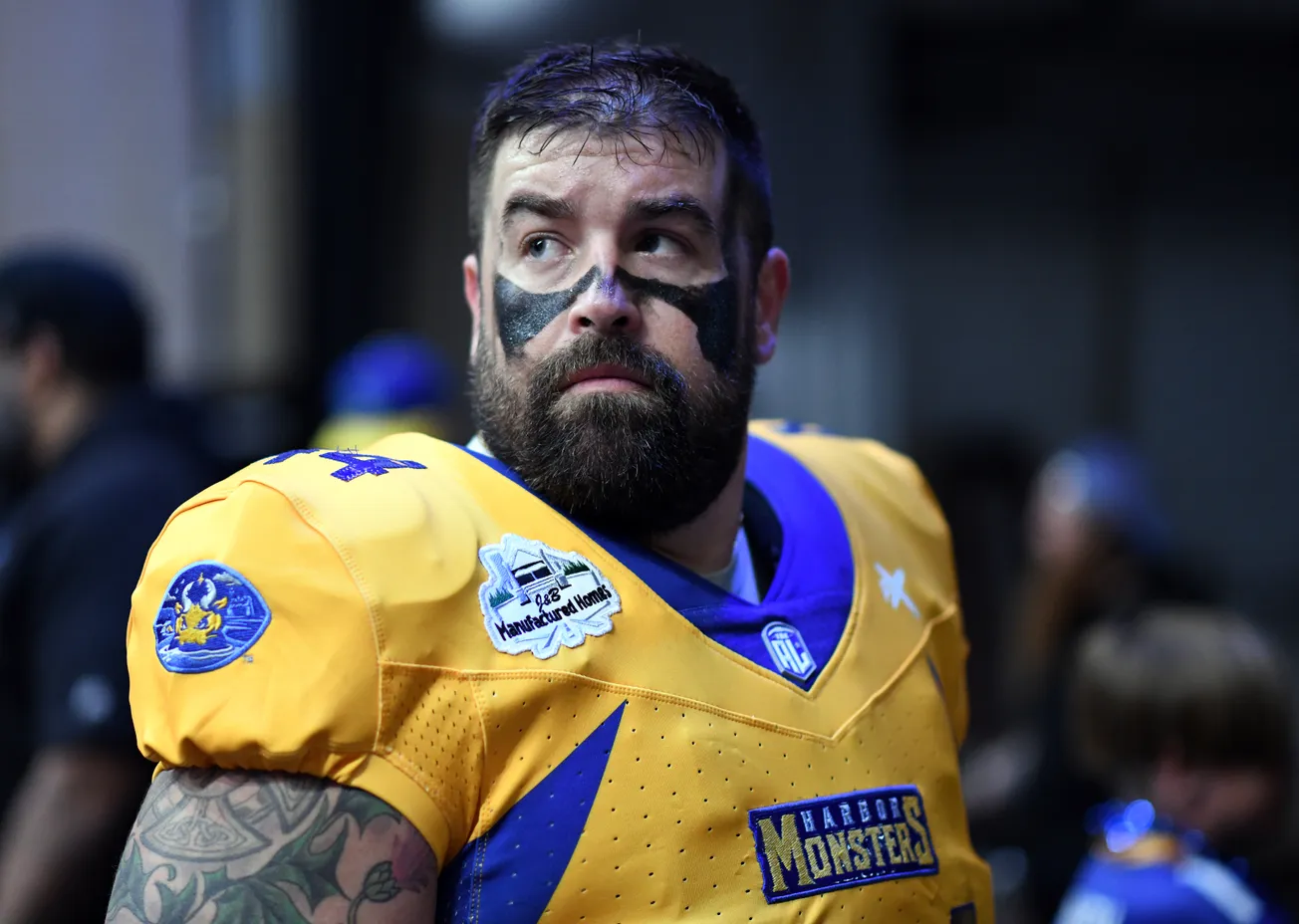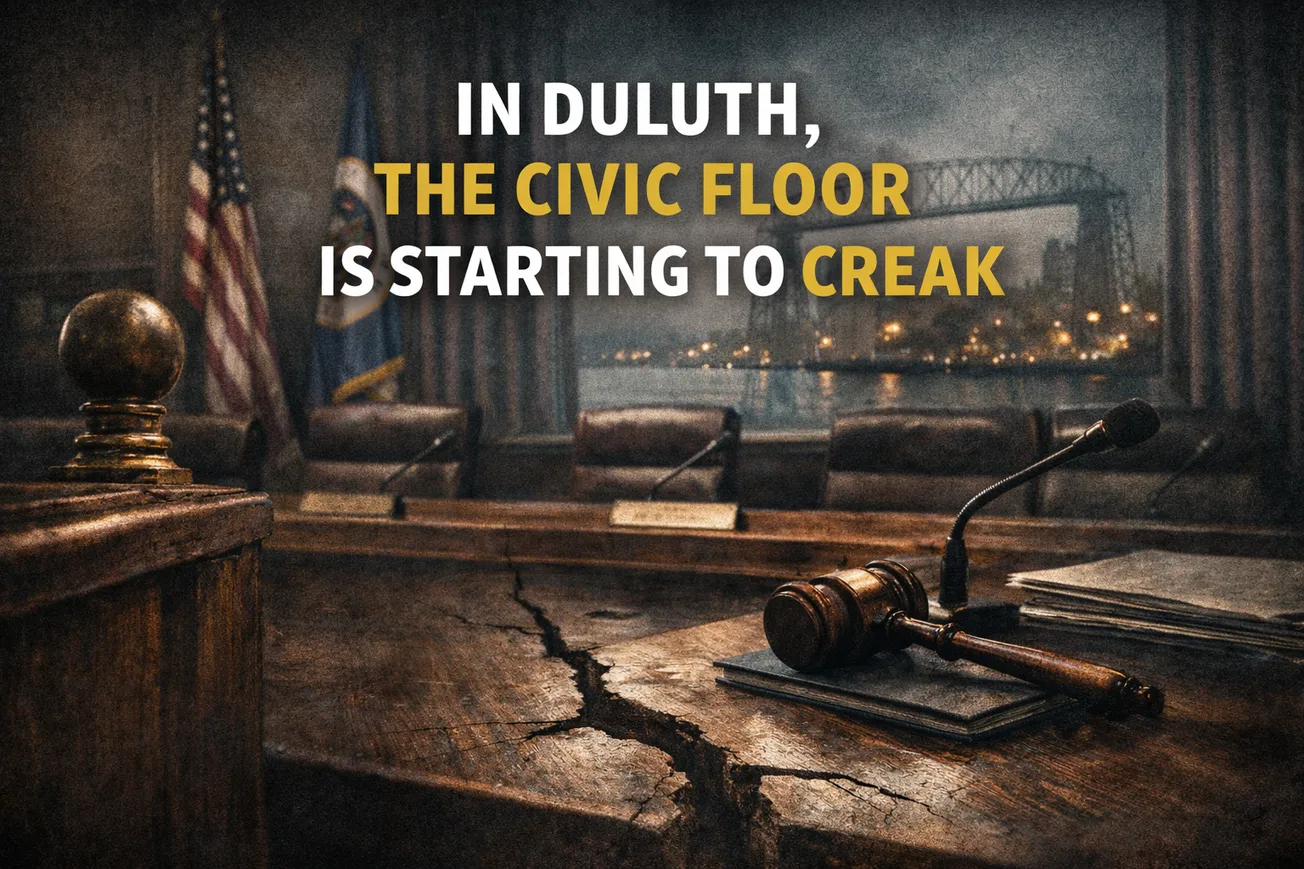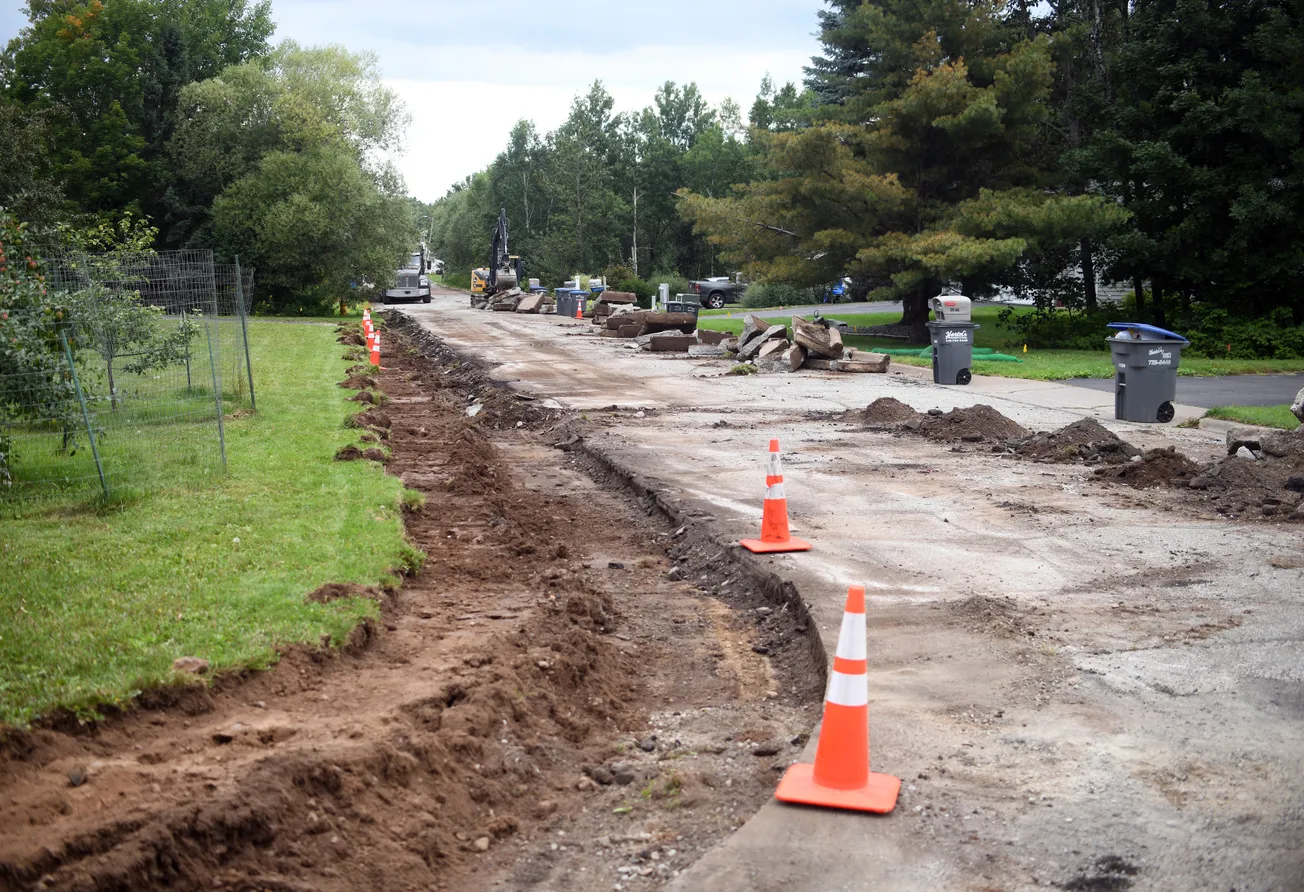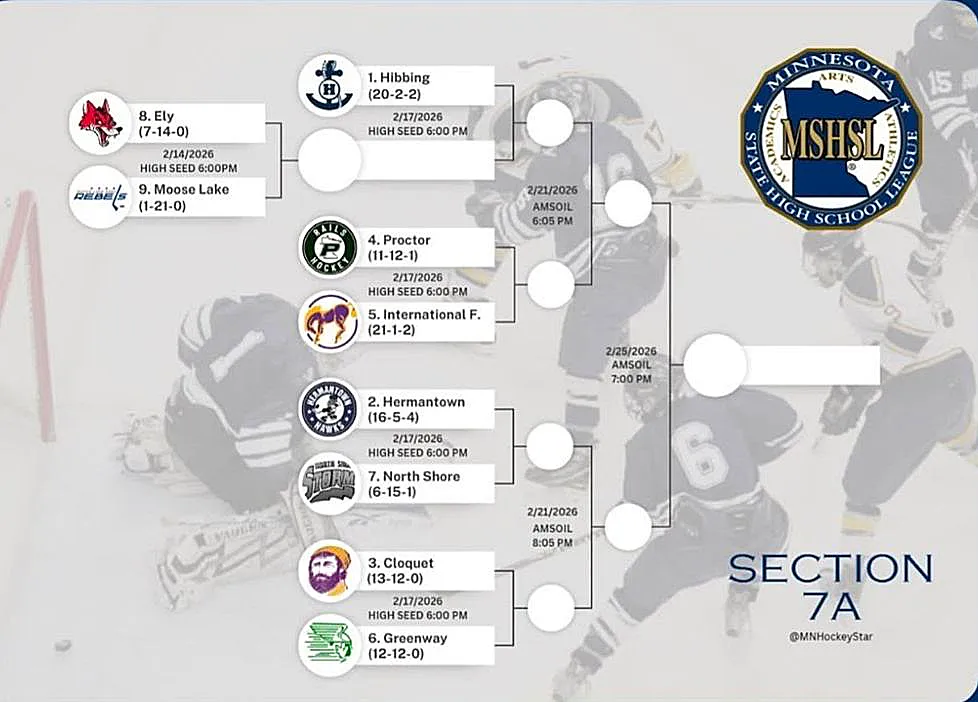By HOWIE HANSON
Editor & Publisher
DULUTH — As Duluth prepares to hand back the reins of its tourism marketing to Visit Duluth after a few years of outsourcing the work to agencies far removed from Lake Superior, there’s cautious optimism in the air. Mayor Roger Reinert’s administration believes this is how to best protect the authenticity of Duluth’s story. It’s hard to argue otherwise.
But there’s another critical piece that deserves scrutiny: where is all this marketing money actually going? And perhaps more importantly — who’s trusted to tell the story of Duluth?
For the last few years, the city’s primary tourism contracts went to agencies outside our borders. First, it was Bellmont Partners out of the Twin Cities. Then it was Madden Media, based in Arizona. Both are undoubtedly professional outfits with experience marketing destinations. Under their tenure, Duluth’s tourism tax collections did continue to climb.
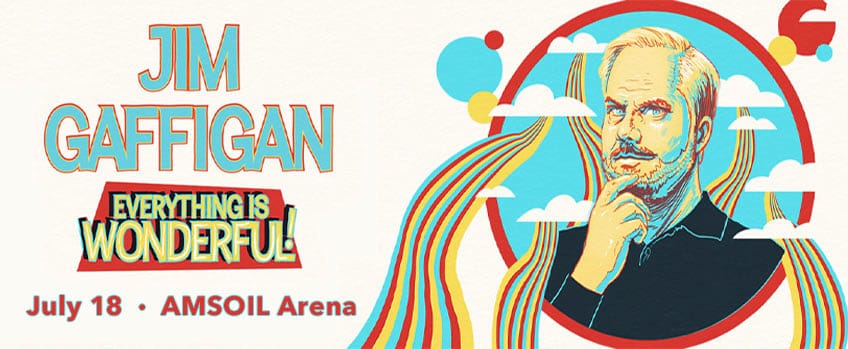
In fact, the numbers are impressive on the surface:
· In 2022, after the first major shift away from Visit Duluth, lodging tax receipts jumped 10.8% over the previous year. Total trips increased by 4.3%, and Duluth led Minnesota in hotel occupancy growth, ahead of all but Bloomington.
· In 2023, tourism tax revenue surged again — up nearly 20% compared to pre-pandemic 2019 levels — setting an all-time record. Hotel stays continued to outperform statewide averages.
· As of mid-2024, year-to-date tourism tax receipts had reached $6.29 million, up 0.9% over the same period in 2023 and more than 10% higher than 2022.
There’s no doubt the agencies helped maintain a positive trajectory, aided by pent-up travel demand coming out of the pandemic. The city’s general fund, which draws a critical share from these tourism dollars, benefited too. By that measure alone, outsourcing didn’t sink Duluth’s brand.
But financial data, as always, only tells part of the story. Dig a little deeper, and questions start to emerge — questions that go beyond visitor counts and tax graphs.

Who actually told Duluth’s story these last few years?
Who decided which festivals, neighborhoods or small businesses got the spotlight? Who picked the photo angles that would beam out to potential visitors across the Midwest? More often than not, it was strategists working from offices in Minneapolis or Arizona, who may have visited Duluth occasionally but did not live here. They didn’t walk through the fog at Canal Park at dawn. They didn’t grow up hearing the ore boats’ horns echo off the hillside. They didn’t know the pride of Morgan Park or the quirk of Lincoln Park because it was in their blood.
They marketed Duluth effectively — at least by some key metrics — but was it truly Duluth they were selling, or a cleaned-up version that fit a broader Midwest travel narrative? And did they understand that for people who once lived here, who still follow every headline from afar, Duluth is far more than a lake view and a lift bridge?
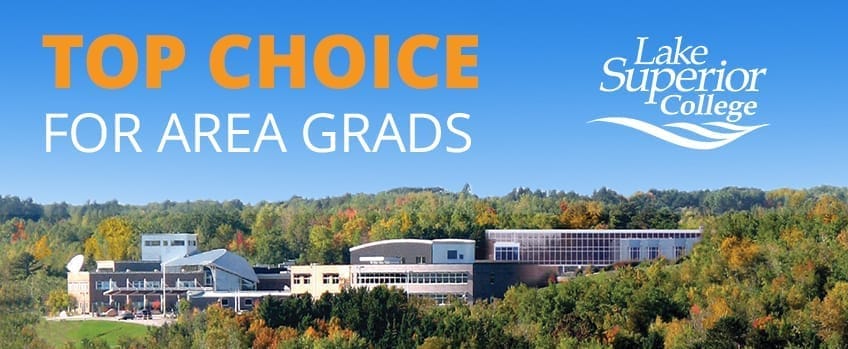
So why hasn’t more of this money supported local media?
That’s the next major question. If the city and Visit Duluth genuinely want to champion the Duluth brand, why not place more of these tourism ad dollars directly with the journalists, broadcasters and online publishers who already tell our story every day, 365 days a year? For free.
Think about the Duluth News Tribune. Its coverage may spark debate, but it’s a central piece of this city’s identity. It reaches thousands of readers on the Iron Range, in Superior, up the North Shore and down I-35 to the metro. It also reaches alumni across the country — sons and daughters of Duluth and the Northland who keep subscriptions because it’s still “home.” Every time they see an article or an ad about Duluth’s newest festival, park improvement or culinary hotspot, it reinforces their emotional connection — and keeps them coming back.
The same goes for local TV and radio. Stations like KBJR, WDIO and FOX 21 aren’t just running nightly news. They’re feeding social channels and YouTube clips that circle the globe. They’re sharing small business features and local athlete triumphs with a depth no out-of-town shop can replicate. Even independent sites and bloggers — from regional outdoors magazines to niche history sites — reach audiences far beyond Duluth who actively care about our city.
When Visit Duluth buys space with these outlets, it does more than just promote events. It keeps journalism jobs here. It helps fund more photographers at local games, more reporters digging into civic issues. It circulates money through the same local coffee shops and gas stations that visitors flock to. It invests back into the very ecosystem that has always championed Duluth.
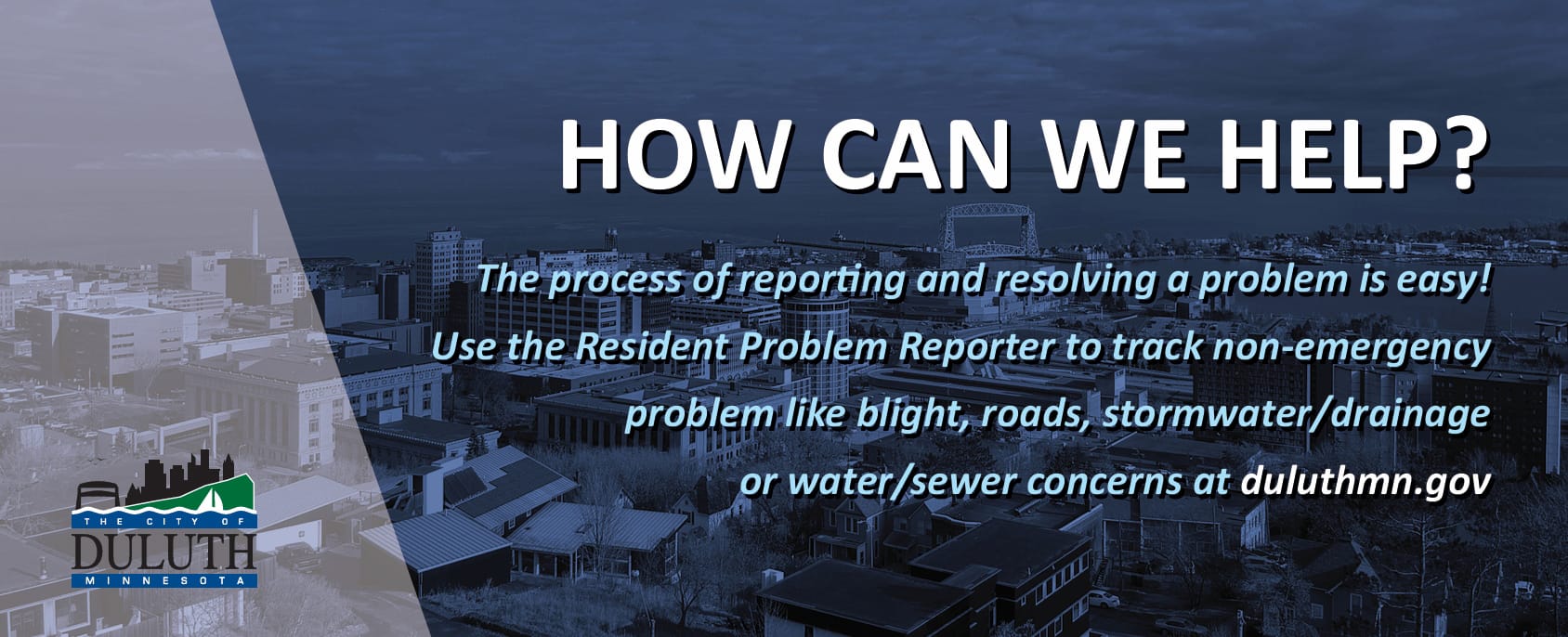
There’s another kind of return on investment: trust
Ask yourself: Who will locals believe more — a sponsored Facebook video produced by a firm in Scottsdale, or an influencer's blog post, in the legacy local newspaper or in a segment on a local station that’s been covering Duluth for 70 years? When tourism dollars help sustain local media, it deepens a mutual loyalty. Residents feel like stakeholders in the city’s brand, not just passive bystanders watching glossy ads come and go.
That kind of authentic, ground-level buy-in is something out-of-town agencies simply can’t manufacture.

Reinert’s opportunity: a full-circle moment
Mayor Reinert has wisely steered Duluth back toward local control of its marketing by restoring Visit Duluth’s contract. Now there’s a chance to finish the job: to keep more of that marketing spend right here. To place ads, stories and sponsorships with the outlets who know us best, who are already telling Duluth’s story to Iron Rangers, Wisconsinites, Yoopers — and to expatriate Duluthians checking in from Denver or Des Moines.
Let outside consultants offer technical help. But let the bulk of our dollars flow through local voices, building not only tourist interest but also community pride. Let Duluth tell Duluth’s story — online in powerful blogs and enewsletters, in newspapers, on radio waves, through local lenses capturing sunsets from Skyline Drive that no one else would think to shoot.
Because in the end, selling Duluth is about more than hotel stays or tax receipts. It’s about making sure the narrative belongs to us, is told by us, and continues to grow roots right here — where the lake meets the hillside, and the people still wave at freighters passing by.
